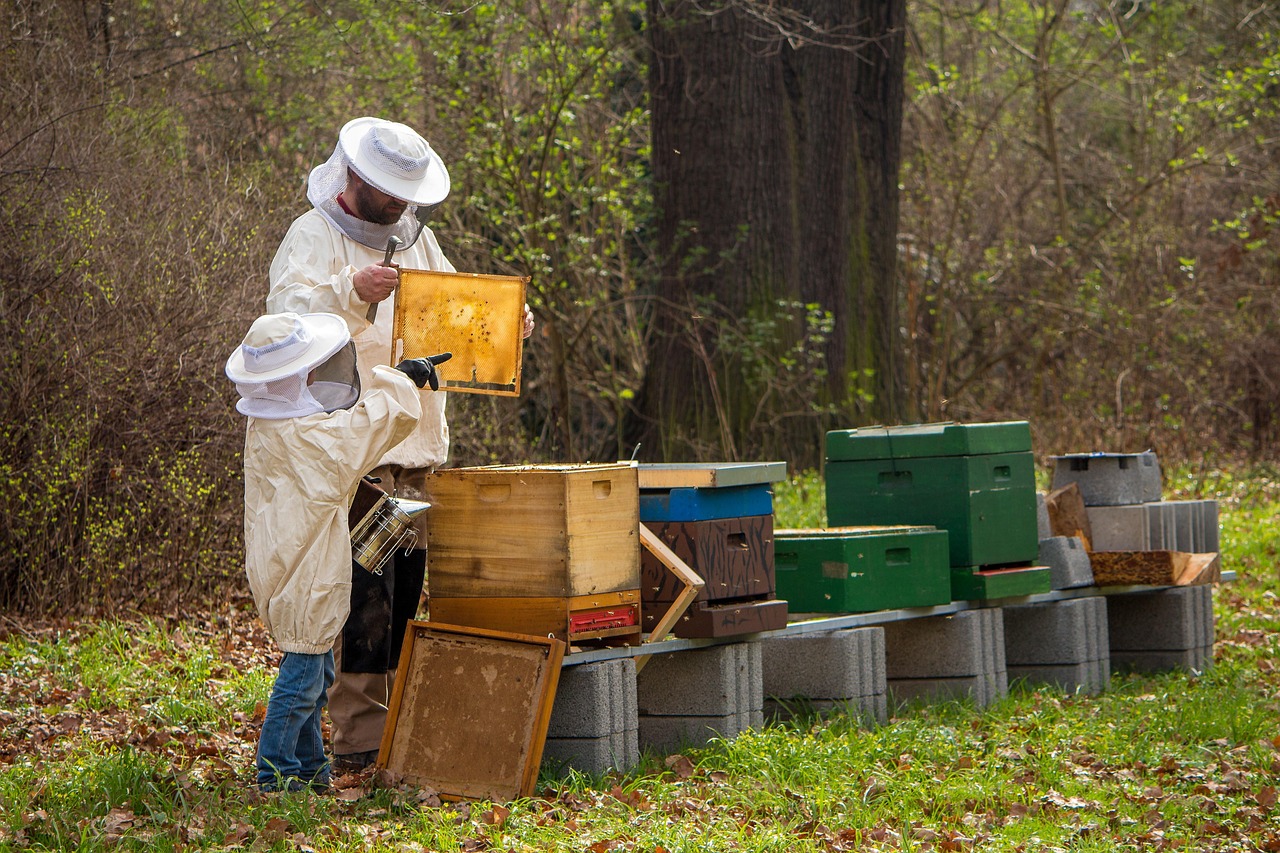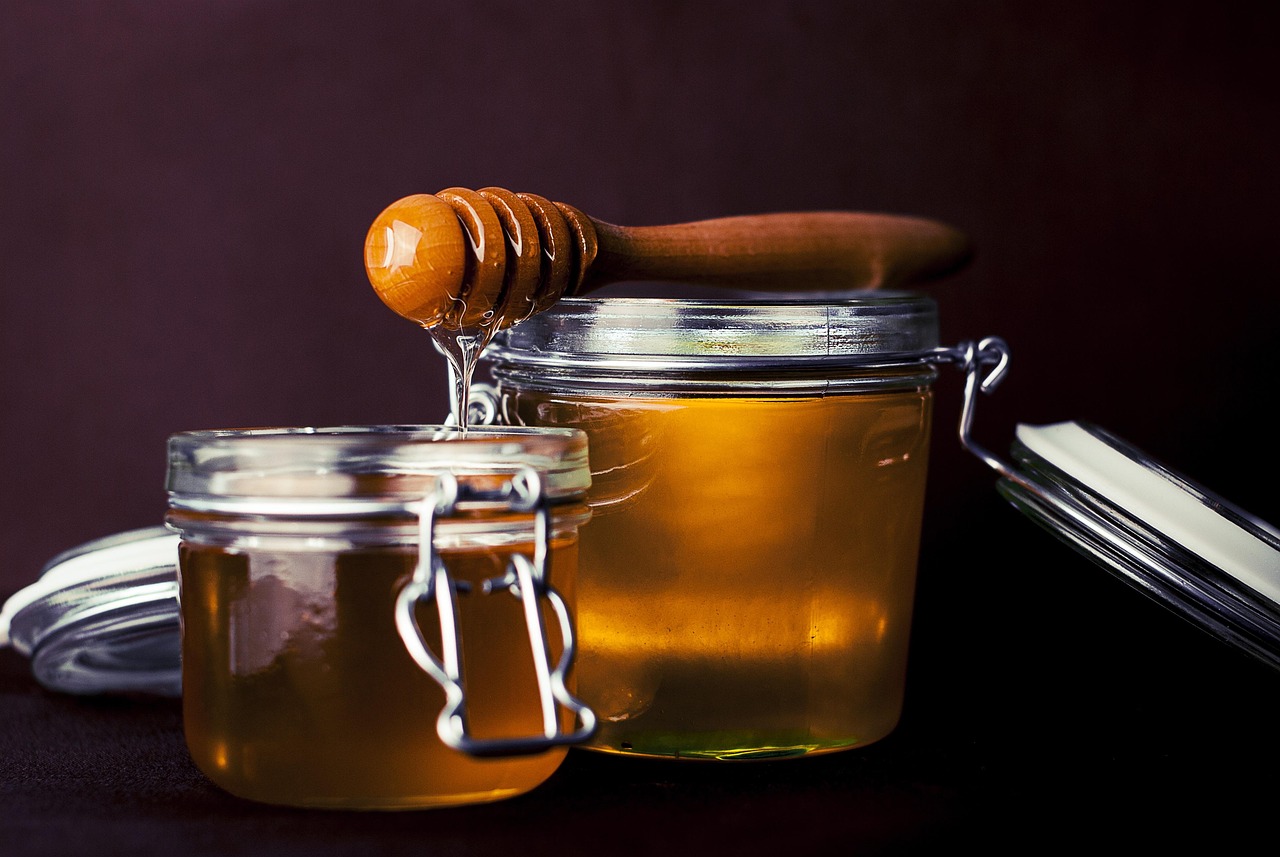Your cart is currently empty!

Why Ethical Beekeeping Matters: Supporting Healthy Hives

Why Ethical Beekeeping Matters: Supporting Healthy Hives
Bees are vital to our planet. They pollinate one-third of the food we eat, help maintain biodiversity, and support entire ecosystems. Ethical beekeeping ensures that these essential creatures are treated with care, not exploitation. But what does ethical beekeeping actually mean?
It starts with practices that prioritize bee health. Ethical beekeepers avoid overharvesting honey, ensuring the bees have enough to sustain themselves through the winter. They also use natural methods to control pests and diseases instead of harmful chemicals that can damage hives and contaminate honey.
Another key aspect is the protection of native forage and wildflowers, which provide bees with diverse sources of nectar. Responsible beekeepers also avoid transporting hives long distances for commercial pollination, which can stress bees and spread disease.
By supporting ethically-produced honey, consumers help protect bee populations and the environment. You’re choosing a product made with respect — not only for the honey’s purity but also for the lives that create it. It’s a small choice with a big impact: safeguarding pollinators, promoting sustainability, and preserving the natural balance we all depend on.





Leave a Reply